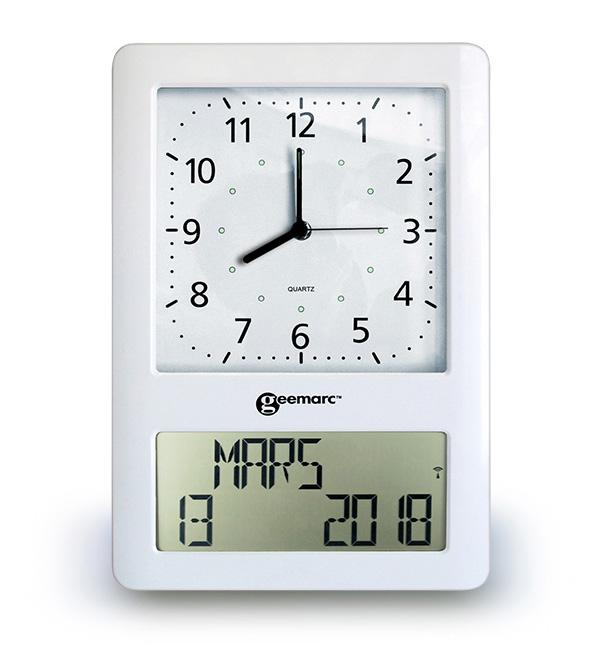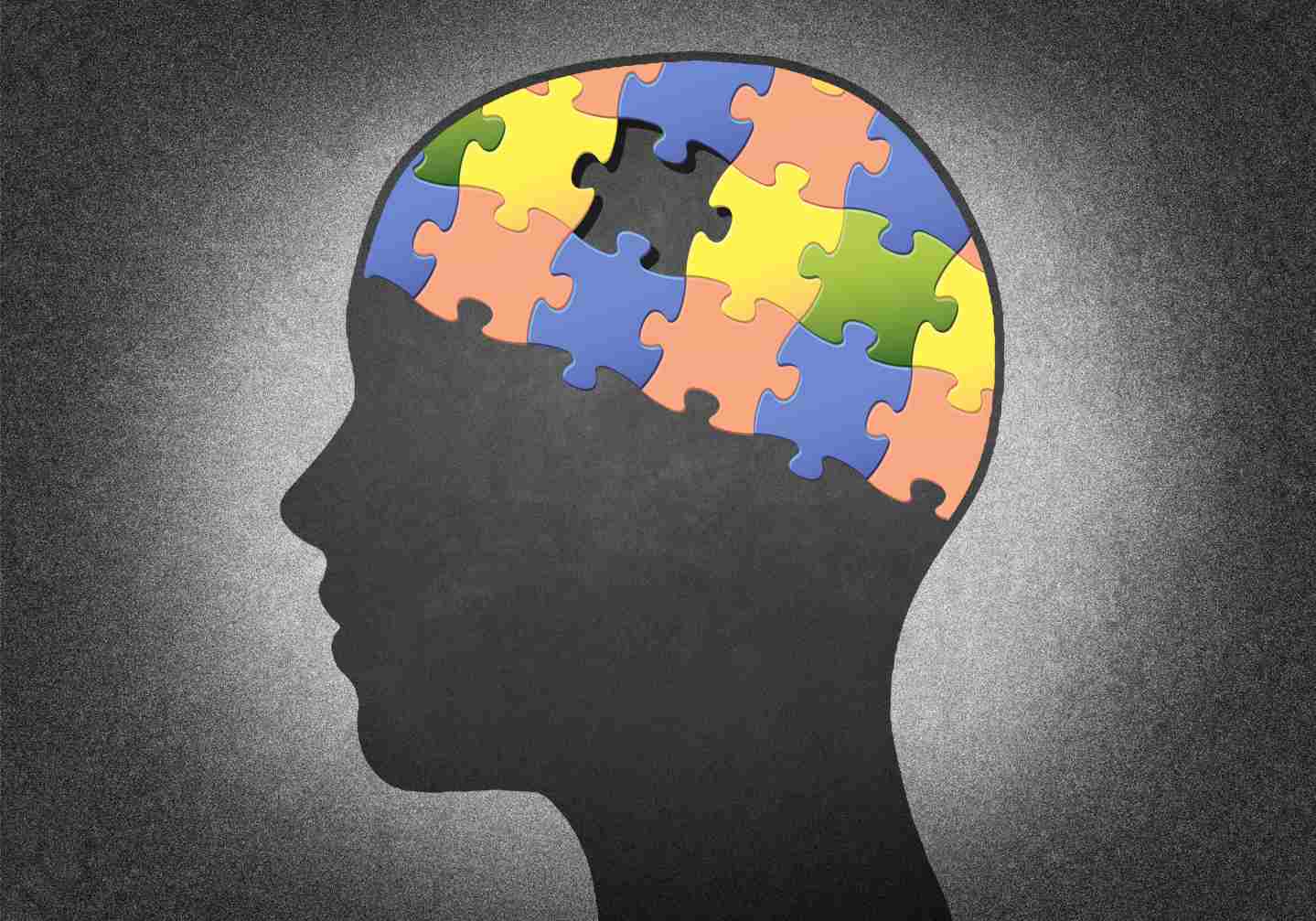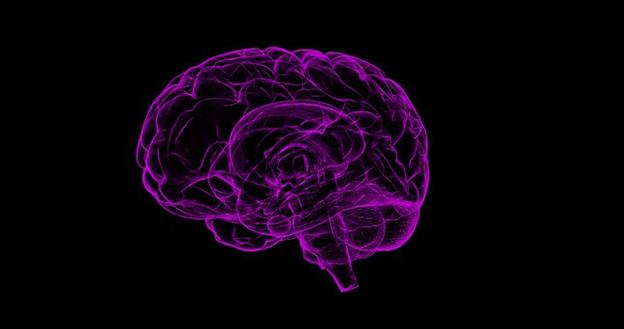
What is Mild Cognitive Impairment (MCI)?
Have you noticed that your memory or that of a loved one is playing tricks on you? This article will clarify what is mild cognitive impairment and how it is different from other changes in brain function.
3 ways to categorize cognitive changes
Changes in cognitive function (brain function) can be classified in 3 broad categories:
- Normal cognitive aging
- Mild cognitive impairment
- Major cognitive impairment or dementia.
As we age, changes in cognitive function are expected: most of these are considered as normal cognitive aging. But when changes are significant enough to impact daily activities, the reason may be cognitive impairment (mild or major). To really understand how these three categories differ, you have to account for both the cognitive change AND their consequences on daily activities.
Difference between mild cognitive impairment and normal cognitive aging
The difference between mild cognitive impairment and normal cognitive aging is that the former entails a change in brain function that is significant and detectable by cognitive function testing. This testing can be done by your doctor or by a neuropsychologist. Not all changes in brain function are signs of cognitive impairment: an important departure from what is normal is required for cognitive impairment.
Difference between mild cognitive impairment and major cognitive impairment (or dementia)
The difference between mild cognitive impairment and major cognitive impairment is that “major” cognitive impairment refers to situations where the cognitive decline is important enough to interfere with a person’s ability to take care of their daily activities (for example, work, manage finances, drive, host, or cook). Keep in mind that the critical difference between mild and major cognitive impairment is a person’s daily functioning. Major cognitive impairment is also referred to as dementia.
Here’s a summary table:

What are the causes of mild cognitive impairment?
All causes and types of dementia start as mild cognitive impairment. In other words, Alzheimer’s, vascular dementia (caused by changes in blood vessels in the brain), or Lewy body dementia can cause mild cognitive impairment before becoming major cognitive impairment (dementia). However, not everyone with mild cognitive impairment goes on to develop dementia. Indeed, cognitive impairment may not worsen with time or worsen very slowly.
What’s the risk of getting major cognitive impairment with mild cognitive impairment?
About 15% of those with mild cognitive impairment will go on to develop major cognitive impairment each year. This number is approximative and the individual risk of progression varies a lot from one situation to another. Having a discussion with your doctor is important to get the relevant information for you.
Key message
Mild cognitive impairment refers to changes in brain function that are more than what is expected with normal aging. In mild cognitive impairment, these changes do not have a significant impact on daily activities and functioning. It’s important to differentiate mild cognitive impairment from normal cognitive aging and major cognitive impairment (dementia).
If you want to know more about how cognitive impairment is diagnosed, read our article: How is dementia diagnosed?
If you want to know more about the difference between Alzheimer’s and dementia, read our article: What is the difference between Alzheimer’s and dementia?




















